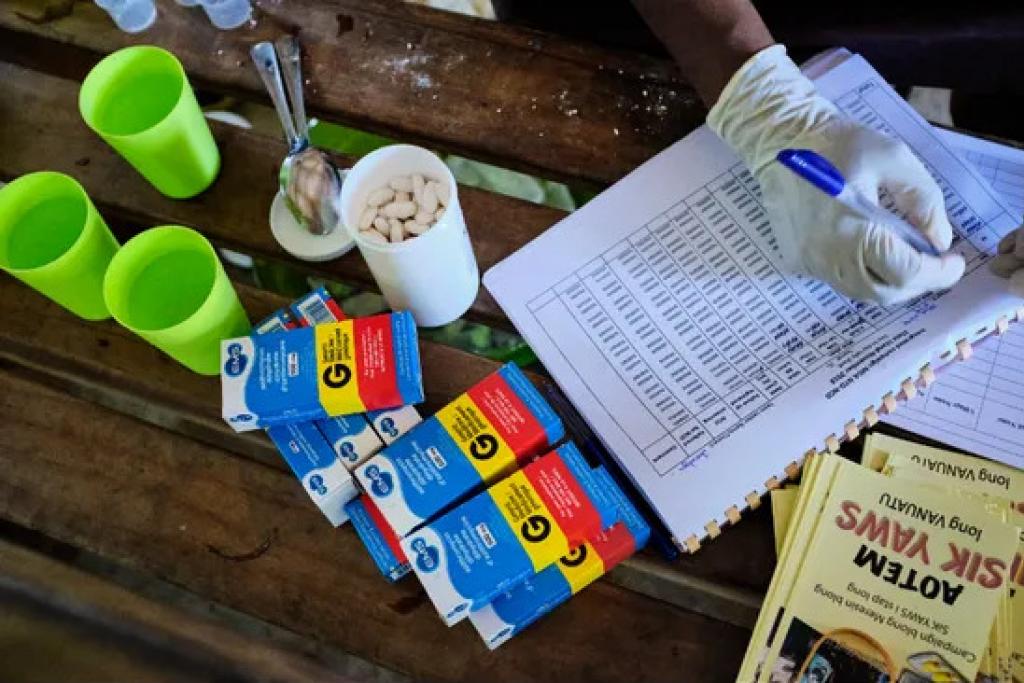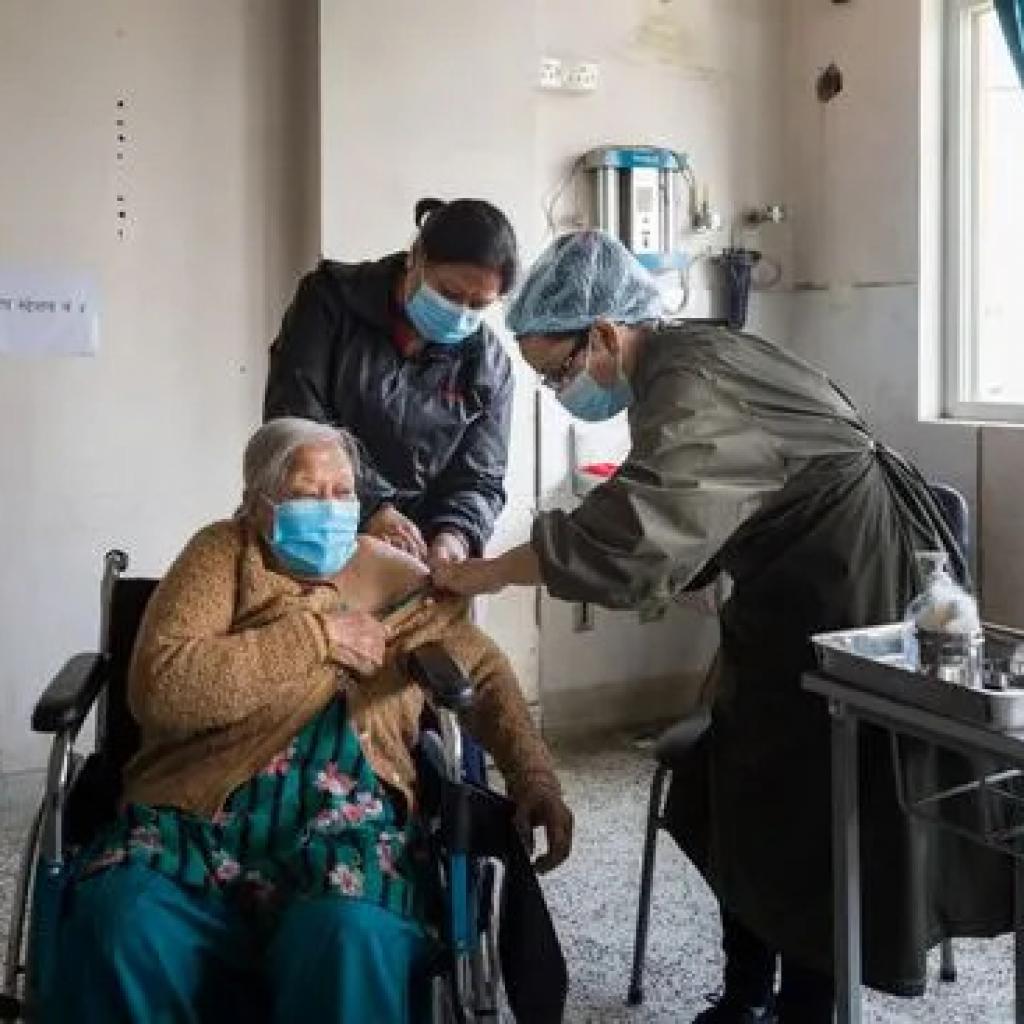Supply chain management of NTD health products for NTD programmes

Course details
About this course
In the context of MDA, supply chain management is a key determinant of success for campaigns for trachoma, river blindness, lymphatic filariasis, soil-transmitted helminthiasis and schistosomiasis. In addition to ensuring delivery in full, on time and to the right quality, preventive chemotherapy (PC) drugs for NTDs requires advance planning, coordination, responsibility and accountability at all levels of the health system – before, during, and after MDA. Therefore, for responsible and successful MDA, WHO recommends a set of standard operating procedures (SOPs) developed by ESPEN with support from ministry of health national NTD programs, NTD supply chain forum partners, implementing partners and donors. Health workers are exposed to many different supply chain risks to NTD medicines management. These include: inaccurate data and records, insufficient stocks/stockouts, logistical delays, inappropriate storage, expired, damaged or contaminated stock, accountability issues for example. The target audience for this course are NTD program staff, pharmacists, pharmacy technicians, health officers, central medical stores and health facility staff, community health workers and MDA supervisors who take part in the handling of PC-NTD Medicines for MDA.
This course explains the end-to-end process from planning and submitting donated drug requests through to waste management of expired and unserviceable stock and reverse logistics of unused tablets. It is essential knowledge for all levels of the health system that must work together to implement MDA.
By the end of this course, you should be able to:
- Describe the standard operating procedures (SOPs) for supply chain management of PC-NTD drugs that are recommended for implementing MDA campaigns;
- Describe the roles and responsibilities for PC-NTD drug supply chain management;
- Describe how to apply the recommended measures for managing PC-NTD drugs and actively propose improvements in your context; and
- Adapt to your context, dissemination and use SOPs for MDA implementation.



